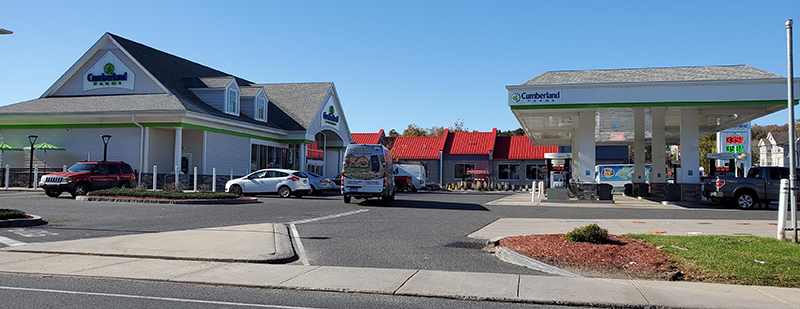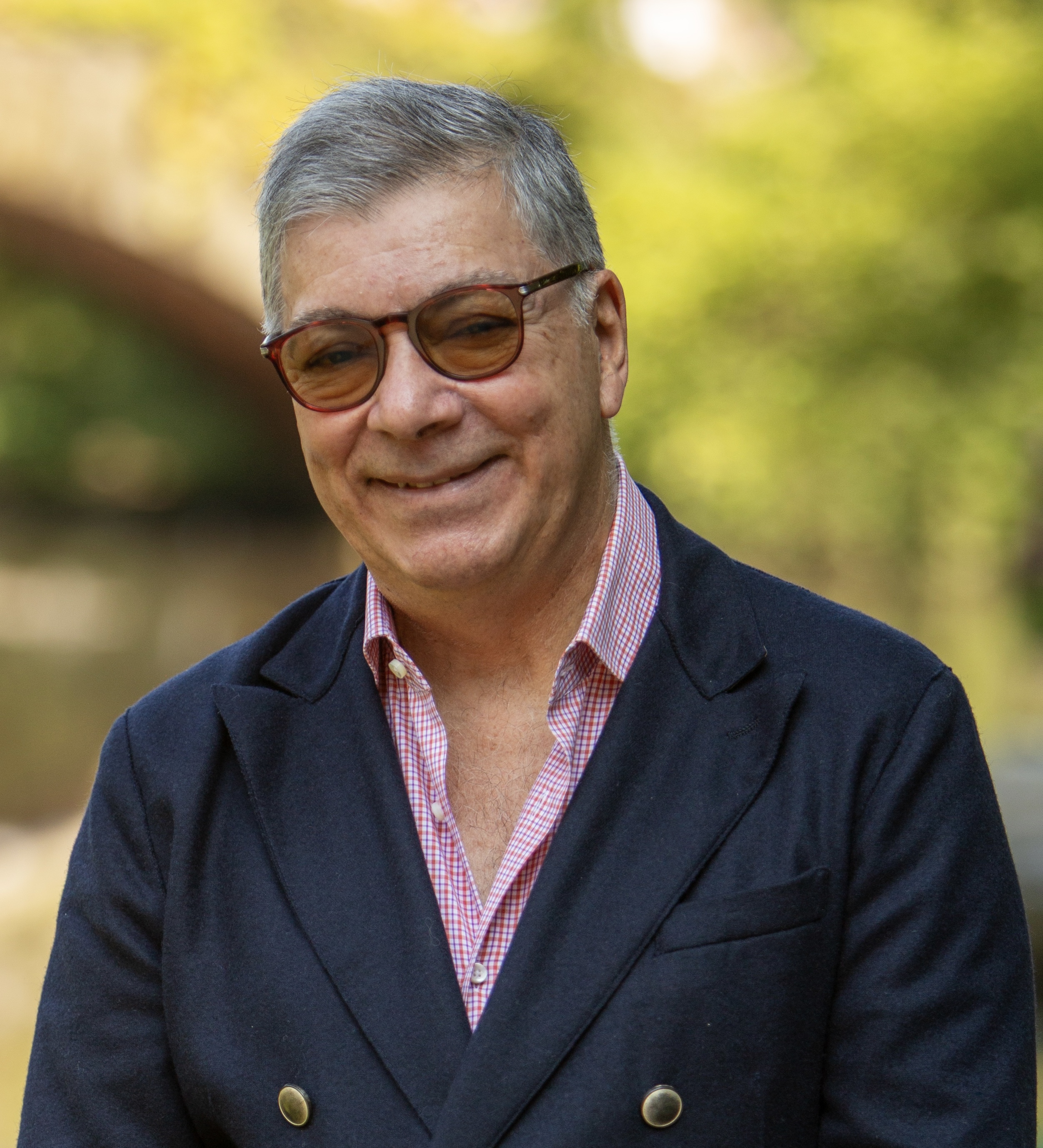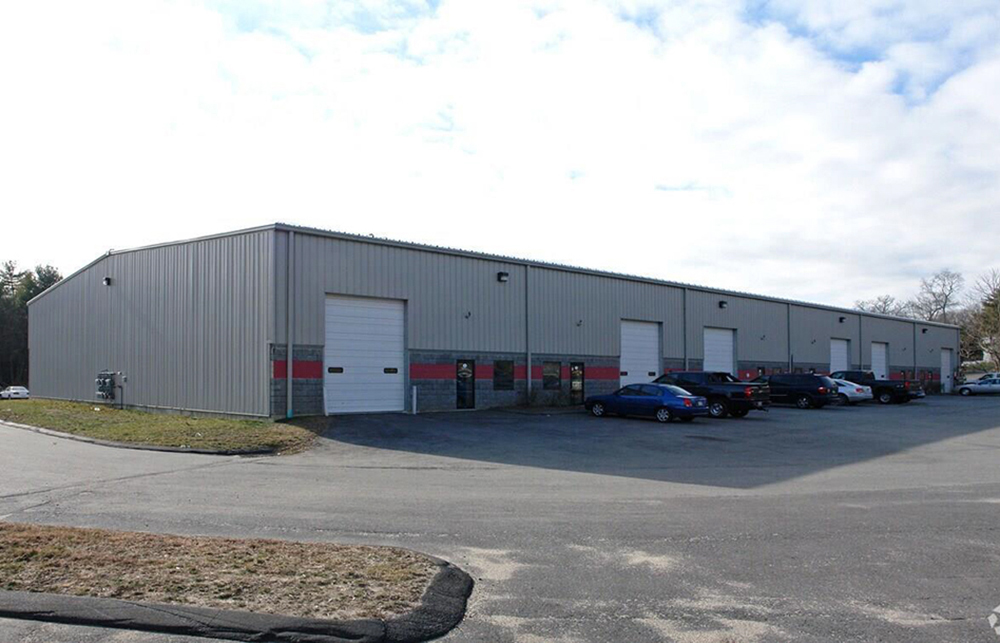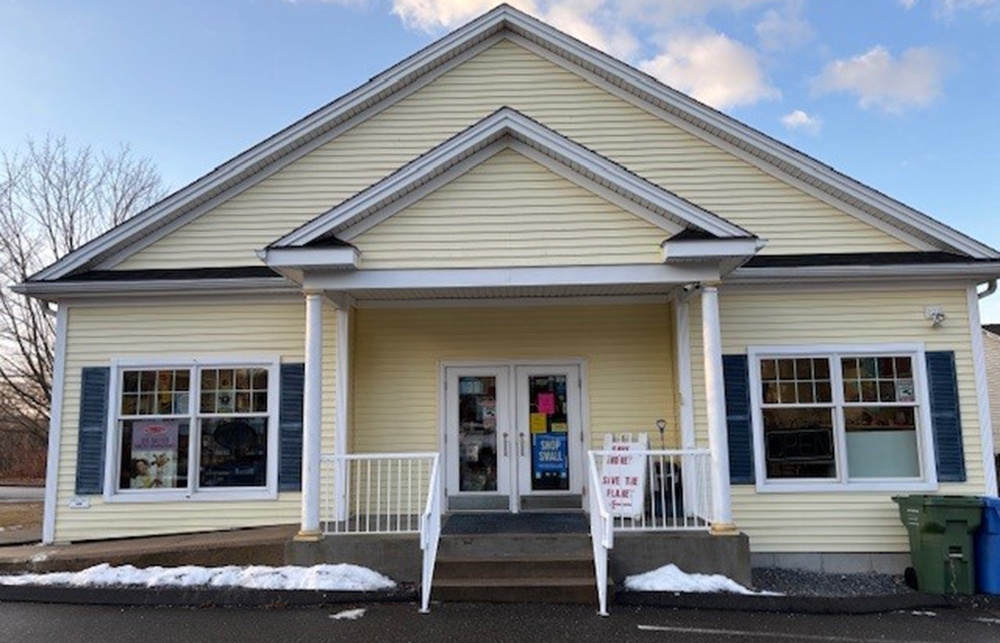Drinkwater and Richard of Marcus & Millichap broker $3.025m sale

Waterbury, CT Marcus & Millichap has completed the sale of Cumberland Farms, a 4,816 s/f net-leased property, according to Thomas Shihadeh, regional manager of the firm’s Boston office. The asset sold for $3.025 million.
Laurie Ann (L.A.) Drinkwater, CCIM, senior vice president, and Seth Richard, first vice president, investment specialists in Marcus & Millichap’s Boston and Manhattan offices, had the exclusive listing to market the property on behalf of the seller, a private investor. Susan Bands, regional manager of the Connecticut office, assisted in closing this transaction.
Richard said, “Cumberland Farms is one of the leading gas station and convenience store operators in the Northeast and Florida and this sale demonstrates the investor demand for such coveted properties. Beyond this property’s tenant and location strengths, it also offered a very secure lease structure making it completely passive for the new owners while including structured rental escalations to help offset the effects of inflation. This was a perfect match for the purchaser who acquired the property as part of a1031 exchange.”
Cumberland Farms is located at 1359 Thomaston Ave. The property consists of a 4,816 s/f building along with six dispensers and 12 fueling stations. The 1.16-acre parcel was constructed in 2016 and has three means of ingress/egress.
RapDev leases 17,587 s/f at 501 Boylston St. - lease brokered by JLL


Newbury Street: Boston’s timeless retail gem thrives in a modern era - by Joseph Aquino
Boston’s iconic Newbury St. continues to thrive as one of the most vibrant and compelling retail corridors in the United States. Nestled in the heart of the Back Bay, this historic St. has evolved into a powerhouse of high-St. retail, where luxury meets lifestyle and legacy brands coexist with up-and-coming names. With its European charm, diverse architecture, and unmatched foot traffic, Newbury St. remains a dynamic reflection of Boston’s energy, culture, and economic strength.

Retail / tariffs / uncertainty and (still) opportunity - Carol Todreas
As new tariffs continue to impact the global economy, retail businesses and investors are grappling with heightened uncertainty. From new high tariffs to supply chain issues to evolving consumer behaviors, continual changes are making it as or more challenging than the pandemic years. Yet, amidst this turbulence,

End of the year retail thoughts - by Carol Todreas

Placemaking and retail in 2024 - by Carol Todreas
Placemaking. That is the word for 2024. While the concept has historical precedence in urban development, it became part of our current culture in the 1960’s when urbanists started to think about cities for people, not just cars.









.png)
